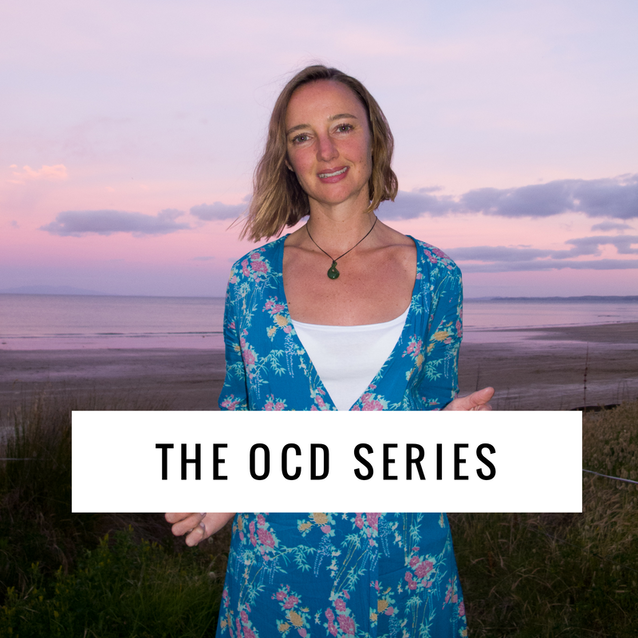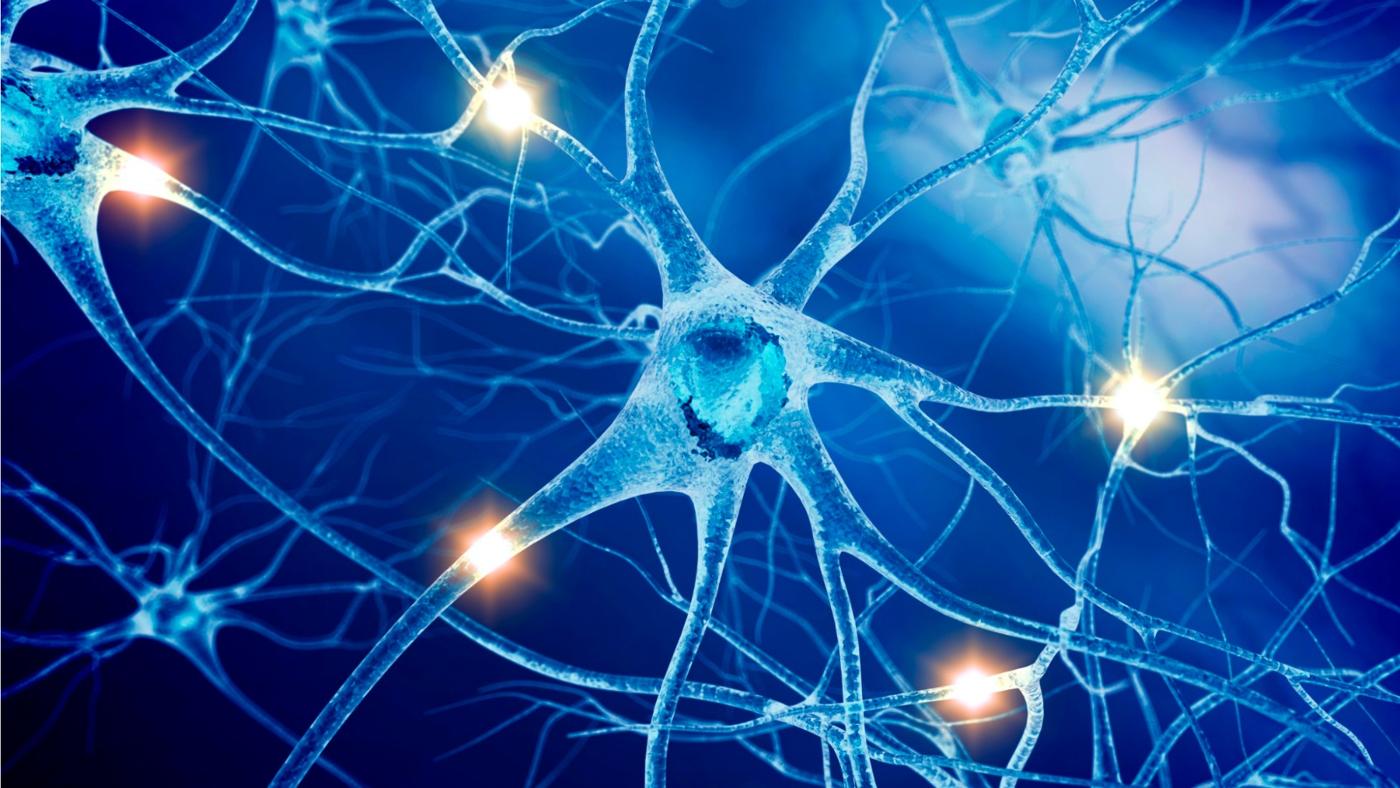 Herbal tea - a far better friend to your nervous system than coffee or tea. Herbal tea - a far better friend to your nervous system than coffee or tea. I lived with moderate to severe OCD for 20 years. It eventually became so debilitating that leaving my house became a struggle. After finally deciding enough was enough and committing to working on all aspects of my mental and physical health in my early 30s, I experienced 80–90% reduction in my symptoms of OCD. Nutrition was one of the tools that helped most. This led to me studying to become a nutritionist, and eventually writing my ebook, Nutrition for Your OCD Recovery. It’s available in Kindle and pdf formats here. This article discusses a nutrition and lifestyle change that my clients routinely report leads to reduced frequency, intensity and duration of their OCD spikes: taking a break from caffeinated drinks. You’ll learn how caffeine impacts your nervous system. And I’ll share why I went cold turkey on caffeinated drinks for 6 years (yup!), after 19 years of suffering with OCD, and the changes I experienced as a result.
0 Comments
 Welcome to the first article in The OCD Series! I lived with moderate to severe OCD for 20 years. It eventually became so debilitating that leaving my house became a struggle. After finally deciding enough was enough and committing to working on all aspects of my mental and physical health in my early 30s, I experienced 80–90% reduction in my symptoms of OCD. Nutrition was one of the tools that helped most. This led to me studying to become a nutritionist, and eventually writing my ebook, Nutrition for Your OCD Recovery. It’s available in Kindle and pdf formats here. This article looks at the role of protein in your neurotransmitter production and mental health.  Neurons, also known as nerve cells. Your nervous system requires many nutrients to develop, grow and function normally, and to withstand and recover from stress. Neurons, also known as nerve cells. Your nervous system requires many nutrients to develop, grow and function normally, and to withstand and recover from stress. This article discusses an often misunderstood aspect of mental health: auditory hallucinations. That is, hearing sounds, voices and music that aren’t actually there. This can be frightening and disturbing for the person affected, and for their loved ones too. During my late 20s, when OCD was dominating my life, I would have the following experience every few weeks. I would be at home, doing some chores, working on my computer, or simply staring out the window. The house would typically be quiet, as would the neighbourhood. And then I would hear it. Distant, pretty music. It often sounded like wind chimes. I would ask my husband “Can you hear that music?” and his answer would always be no. I would then spend some time describing the music and trying to work out where it might be coming from. Eventually it would stop. I did note that the music always sounded the same, that only I seemed to be able to hear it and that it was always distant and difficult to determine from where it was coming. This went on for years and I never gave it much thought. I’m lucky my auditory hallucinations were occasional and pleasant. This is not the case for some people. When I first started working with a naturopath (a person trained in nutritional biochemistry and herbal medicine) to get support with my OCD recovery, one of the many careful questions she asked me around my mental health was “Do you ever experience auditory hallucinations?” It was an ‘a-ha!’ moment. I replied yes, nothing scary, but I regularly hear distant, mysterious music that no one else seems to hear. My auditory hallucinations were one of many, previously seemingly unconnected symptoms that disappeared after I had worked on my OCD recovery using nutritional and herbal medicine for approximately 18 months. When having a follow-up appointment with my naturopath, she shared a few anonymous anecdotes with me about previous clients of hers who'd also experienced auditory hallucinations — hearing voices when no one was there, hearing people calling their name. One client, a young man who was a star football player, had at first wept in her office because he thought he was crazy, then wept with relief when he was reassured that this was not the case — that his symptoms were potentially caused by nutritional deficiency. So, what can be one of the causes of auditory hallucinations? According to the late Carl Pfeiffer, MD, a pioneer in the field of nutritional medicine for mental health, auditory hallucinations are one of many symptoms of vitamin B12 deficiency. B12 is vital for the structure and function of the nervous system. It is particularly important for the formation and maintenance of the myelin sheath, the fatty coating on our nerves that acts as a nerve impulse conductor and protective layer. In his book Mental and Elemental Nutrients, Pfeiffer lists other symptoms of B12 deficiency as follows.
However, as J MacDonald Holmes, MD, noted in his 1956 paper in the British Medical Journal, Cerebral Manifestations of Vitamin B12 Deficiency, many of these symptoms do not indicate a specific illness without doubt. Thus, B12 deficiency may not be considered until symptoms become more severe. In Mental and Elemental Nutrients, Pfeiffer cites a 1969 study by H Wieck et al, titled Psychoses as a manifestation of B12 deficiency, where B12 deficiency was found in 58% of 138 patients with functional psychoses; that is, disturbances in thought or emotion not caused by head injury or intoxication. It is important to note that B vitamins are most easily absorbed by the body when we have good levels of ALL the B vitamins (B1, 2, 3, 5, 6, B9/folate, and B12). B12 also requires adequate amounts of vitamins A and E and biotin for absorption. Furthermore, be aware that many B vitamin supplements (particularly those found in supermarkets, pharmacies and some health stores) contain non-bioavailable forms of B vitamins such as folic acid and cyanocobalamin, which are not easily taken up by the body’s cells, and which can worsen deficiencies in B12 and folate. Some substances that deplete B12 in the human body are alcohol, copper, lead, mercury (such as amalgam dental fillings), chemicals in cigarettes, antacid drugs, the Oral Contraceptive Pill/birth control, and the bacteria Helicobacter Pylori. In addition, some genetic variants commonly found in people of European descent (particularly Italians) can adversely affect metabolism of B vitamins (the body’s ability to absorb B vitamins). Celiac disease, leaky gut and low stomach acid can also adversely affect your body’s ability to absorb B12. If you or someone you love is experiencing auditory hallucinations, consider that vitamin B12 deficiency may be one of the causes, as well as general deficiency in all B vitamins. Blood serum test results your doctor describes as “normal” may not reflect your true B12 status as these give no indication of your cellular stores of a nutrient (and be falsely elevated if you have been taking non-bioavailable B12 such as cyanocobalamin) . I recommend seeing a nutritionist experienced in mental health support for thorough interpretation of your blood tests and help with determining the root causes of your B12 deficiency. Finally, remember that vitamin B12 is found solely in animal proteins such as meats, fish and eggs. Vegans, vegetarians and those eating little protein (such as the poor) are at greater risk for B12 deficiency, and it is possible that some individuals may require greater amounts of B12. |